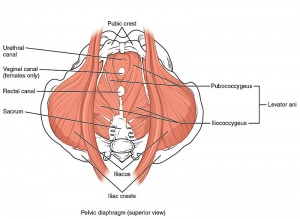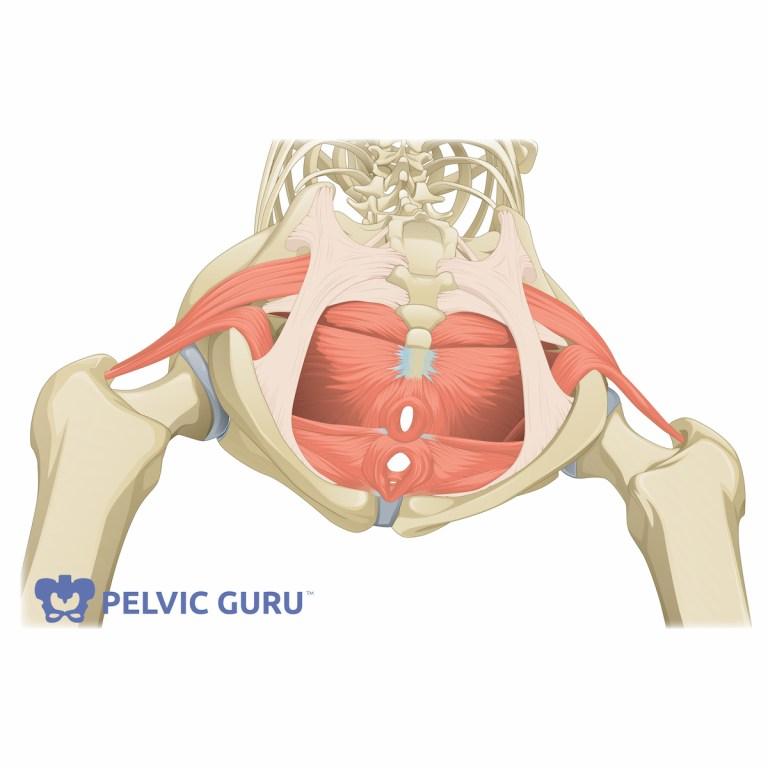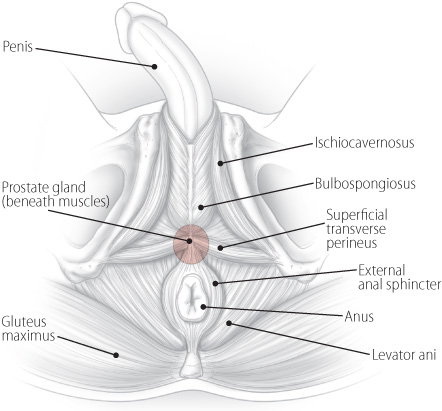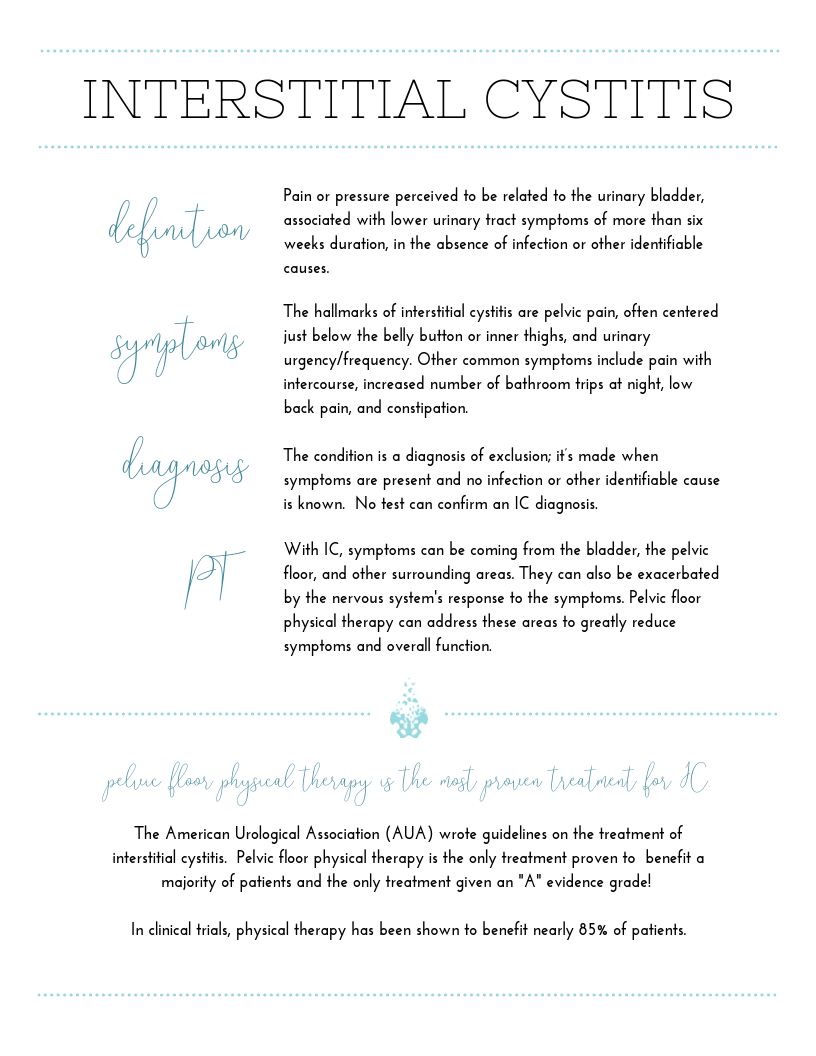Pelvic Floor Dysfunction Suprapubic Pain

This is sometimes called pregnancy related pelvic girdle pain pgp or symphysis pubis dysfunction spd.
Pelvic floor dysfunction suprapubic pain. Pelvic floor dysfunction pfd is a condition in which the muscles in the pelvis do not work properly. Depending on the type of pelvic floor dysfunction a person may experience. The pelvic floor consists of the muscles and tissues that support the pelvic organs including the uterus bladder bowel and rectum in women and the bladder bowel rectum and prostate in men. Some women develop pelvic pain in pregnancy.
This in turn can make the pelvic joint a k a. Pelvic floor dysfunction is the inability to control the muscles of your pelvic floor. Symphysis pubis dysfunction spd is a condition that causes excessive movement of the pubic symphysis either anterior or lateral as well as associated pain possibly because of a misalignment of the pelvis most commonly associated with pregnancy and childbirth citation needed it is diagnosed in approximately 1 in 300 pregnancies although some estimates of incidence are as high as 1 in 50. These muscles look like a hammock or sling stretched from the tailbone at the back to the pubic bone in front and from one sitting bone to the other.
Conditions affecting your bones joints and connective tissues musculoskeletal system such as fibromyalgia pelvic floor muscle tension inflammation of the pubic joint pubic symphysis or hernia can lead to recurring pelvic pain. Pelvic floor dysfunction is a common condition where you re unable to correctly relax and coordinate the muscles in your pelvic floor to urinate or to have a bowel movement. Chronic pelvic inflammatory disease. If you re a woman you may also feel pain during sex and if you re a man you may have problems having or keeping an erection erectile dysfunction or ed.
Symphysis pubis dysfunction spd or pelvic girdle pain pgp happens when the ligaments that normally keep your pelvic bone aligned during pregnancy become too relaxed and stretchy too soon before birth as delivery nears things are supposed to start loosening up. In this condition you are unable to have a bowel movement or you only have an incomplete one because your pelvic floor muscles contract rather than relax. Pelvic floor dysfunction can cause a variety of symptoms and some can interfere with daily life. Pgp is a collection of uncomfortable symptoms caused by a stiffness of your pelvic joints or the joints moving unevenly at either the back or front of your pelvis.
The symphysis pubis.



















